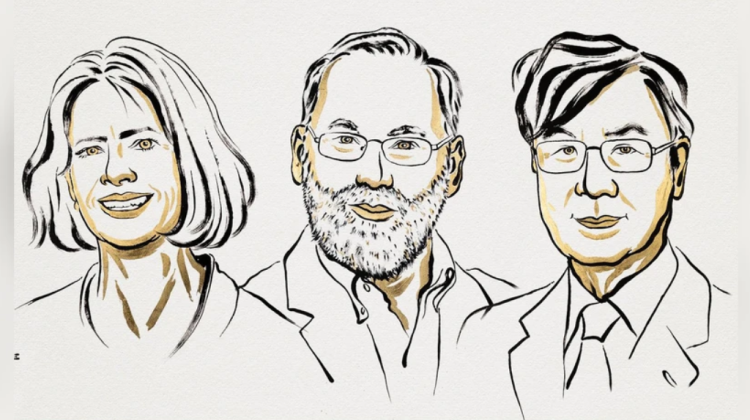On October 2, 2023, the Nobel Prize in Physiology or Medicine was awarded to biochemist Dr. Katalin Karikó and molecular biologist Prof. Drew Weissman for their research on modifying the structure of mRNA, toward increasing its resistance to degradation in the cell and eliminating, observed with injections of unmodified mRNA, state of inflammation in a body.
The scientists began their research on mRNA modification in the late 1990s, and made their Nobel Prize-winning discovery in 2005. The scientists designed a safe and cell-stable mRNA molecule that, when delivered to an organism (naturally, in multiple copies), enables the "production" of a specific protein, such as a pathogen protein. This protein triggers an immune response in a host body, which is revealed by the production of antibodies that fight the source of an infection. Thus, vaccinated individuals, if exposed to a pathogen, will undergo the infection mildly or will not notice that they have been infected.
The introduction of the mRNA vaccine into medical practice has encouraged scientists around the world to intensify their work on using the mRNA technology for other targeted medical therapies. In addition to the possibility of obtaining vaccines against viruses and pathogens that threaten humans, the RNA technology is used in the attempt to apply it to anti-cancer therapy. In this field, it is important to highlight the scientific and application achievements of Professor Jacek Jemielite and PhD Joanna Kowalska from the University of Warsaw, who for years have been involved in the design the stable mRNA molecules in the perspective of their use in the medical treatment.
The scientists' discovery formed the basis for the development of vaccines against COVID-19. In this particular case, the mRNA molecule carried information about the sequence of the spike protein of the SARS-CoV-2 virus. The Nobel Prize Committee expressed the belief that the use of the mRNA vaccine during the pandemic saved the lives of millions of people, and protected a much larger population from a serious course of infection.




